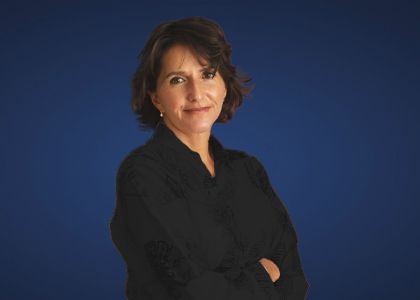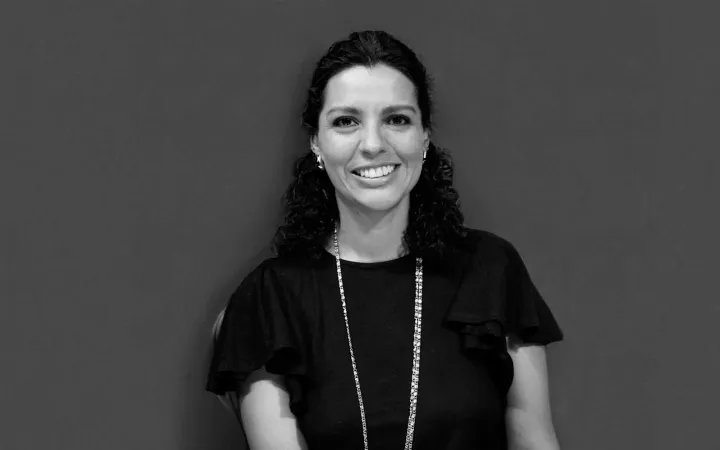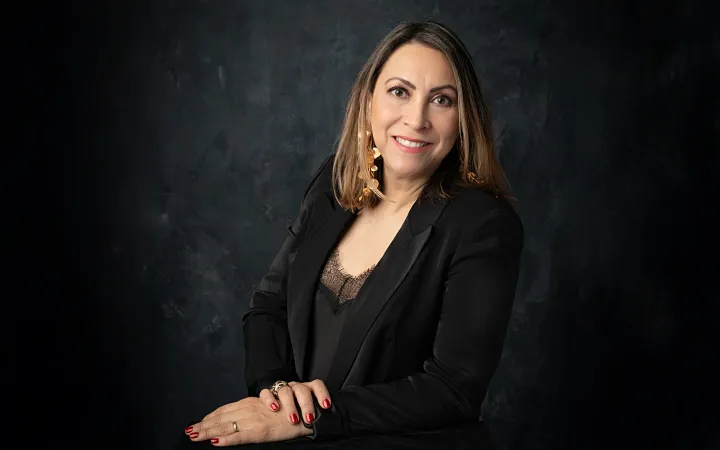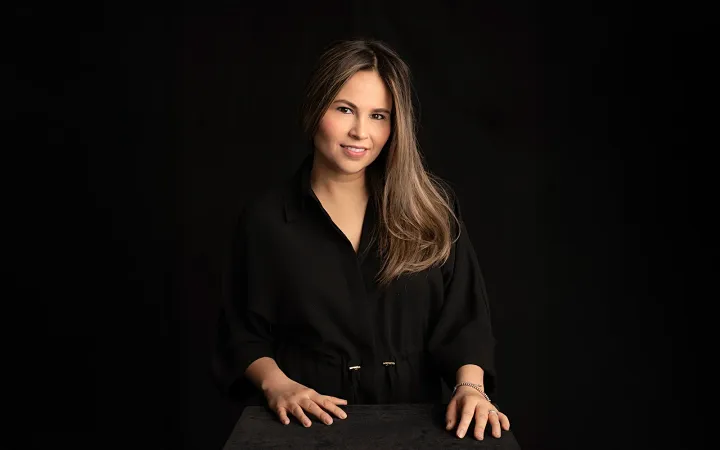
Por Edmée Pardo
Sigo en Instagram a Jessie Inchauspé, la matemática y bioquímica francesa que revolucionó el entendimiento de los efectos de la glucosa en el cuerpo, mejor conocida como la Glucose Goddess. Su aportación a la cultura de los hábitos alimenticios, contrarresta directamente el alza creciente de enfermos con diabetes 1 y 2. Si incorporamos su método como parte de nuestra cotidianeidad, los efectos positivos en las políticas públicas de salud serán visibles en el corto, mediano y largo plazo.
Cuando Jessie estaba por escoger carrera y no se decidía entre matemáticas y otra licenciatura, su padrastro le dio un consejo: “Elige lo más difícil, ahora que puedes hacerlo.” Eligió matemáticas y habilitó su mente para discernir la información de un modo que pocos científicos pueden lograr. Debido a su trabajo en 23andme, una compañía de biotecnología y genómica, descubrió que sus estados de ánimo estaban directamente relacionados con los picos de glucosa en sangre. En la medida en que comprendió y controló las curvas de glucógeno, redujo los medicamentos psiquiátricos que tomaba hasta el mínimo pues el gran disparador del desequilibrio emocional eran los picos de azúcar. Se dedicó a investigar el efecto de la glucosa en la memoria, las emociones, en la sangre y casi todos los órganos; decidió divulgar su conocimiento siempre respaldado en documentos con validez científica. El gran problema era que los “papers” eran difíciles de entender para los no iniciados y su mensaje, su epifanía, no podía darse a conocer. Ahí es donde el lenguaje matemático le ayuda y diseñó una manera efectiva de comunicar mediante gráficas: dos imágenes comparadas que acompañadas de una línea informan sobre el efecto de la glucosa en sangre antes y después de ciertos alimentos. Su técnica de comunicación quitó el velo oscurantista sobre el tema y de repente explotó su cuenta en Instagram. Todos estábamos sedientos de saber más, pero no podíamos acercarnos al tema: la lectura era cifrada, no entendíamos el concepto.




